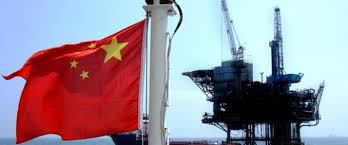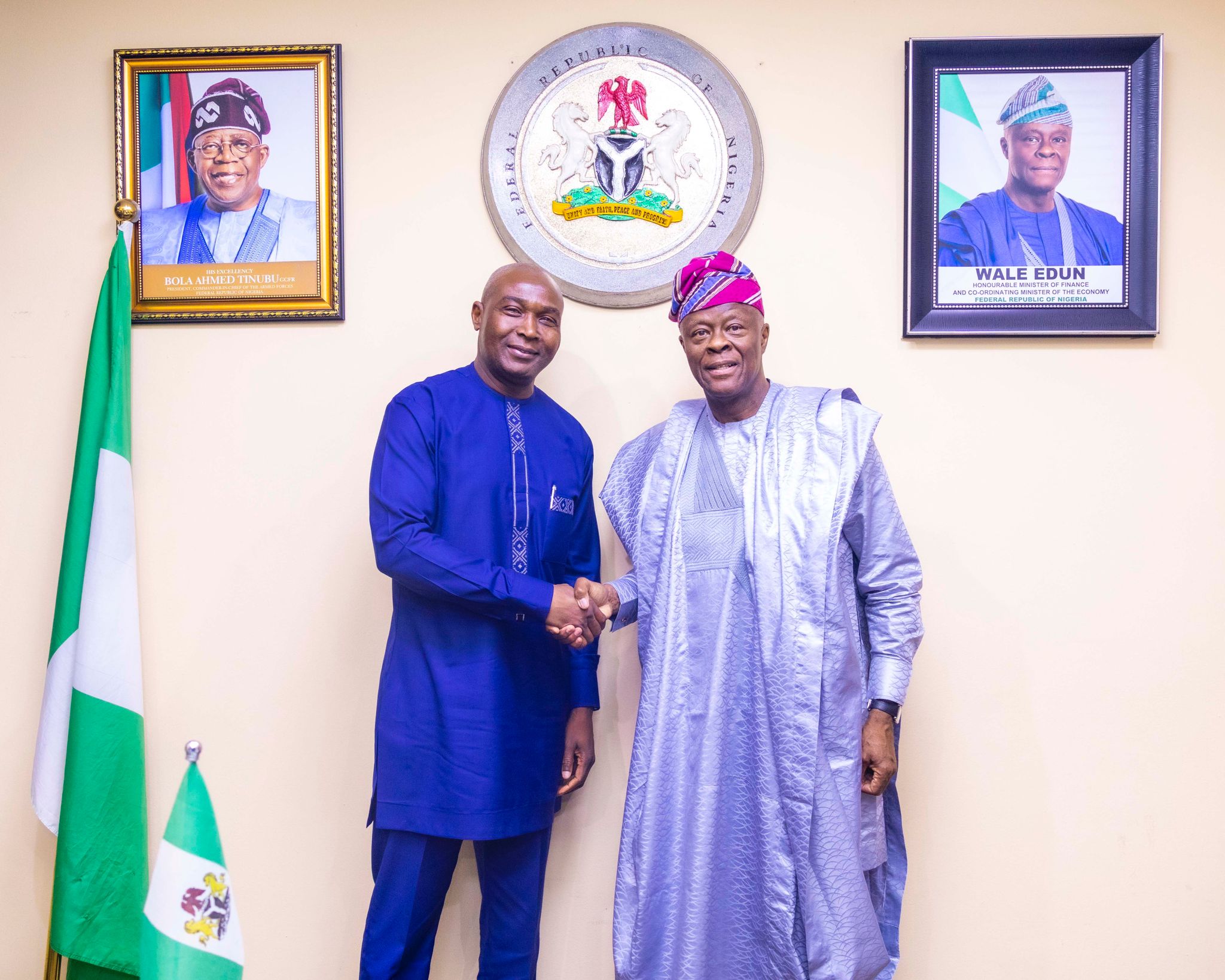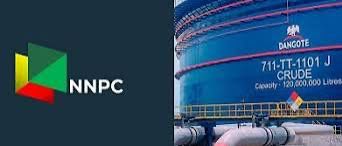By Azeez Mojeed Olusola
The International Energy Agency’s executive director has indicated that the biggest uncertainty facing global energy markets is the extent to which China has rebounded from its extended closure.
“China’s economy is rebounding now. How strong this advantage will be will decide the oil and gas market dynamics,” Fatih Birol told CNBC Friday.
In its latest monthly Oil Market Report published Wednesday, the energy agency said it expects global oil demand to pick up in 2023, with China accounting for a substantial portion of the projected increase.
Fatih Birol, is executive director of the International Energy Agency (IEA) at the World Economic Forum (WEF) in Davos, Switzerland.

The International Energy Agency’s executive director said Friday that the biggest uncertainty facing global energy markets is the extent to which China rebounded from its extended closure.
Currently, oil markets are “balanced,” Fatih Birol told CNBC’s Hadley Gamble at the Munich Security Conference. But producers are awaiting signals on forthcoming demand from the world’s second largest economy and largest crude oil importer.
“For me, the biggest answer to the energy markets in the next months to come is [from] China,” Birol said, noting a major drop-off in the country’s oil and gas demand during its pandemic lockdowns.
In its latest monthly Oil Market Report published Wednesday, the energy agency said it anticipates global oil demand will pick up in 2023, with China accounting for a substantial portion of the projected increase.
Oil deliveries are expected to rise by 1.1 million barrels a day to hit 7.2 million barrels a day over the course of 2023, with total demand reaching a record 101.9 million barrels a day, the IEA noted.
If it’s a very strong rebound, there may be a need that oil producers will increase their production.
Fatih Birol.
“China’s economy is rebounding now,” Birol noted. “How strong this advantage will be will decide the oil and gas market dynamics.”
He added, “If it’s a very strong rebound, there may be a need that oil producers will increase their production.”
The IEA chief said that OPEC+ countries, as well as other major oil producing nations such at the U.S., Brazil and Guyana, were poised to ramp up output to meet that demand, should it be needed.
Asked whether President Joe Biden’s Inflation Reduction Act (IRA) — with its package of funding aimed at incentivizing clean energies — could stymy production increases in the U.S., Birol said it was unlikely.
“I think it’s beyond the government’s policies. There is huge, huge money to be made,” he said, citing recorded profits posted by global oil and gas companies in the past year.
IRA the ‘most important’ climate action since Paris 2015
Birol insisted was playing a vital role in accelerating the global clean energy transition, once again hailing it as the “single most important climate action since the Paris agreement [of] 2015.”
The IEA head said that the global energy crisis, prompted by Russia’s invasion of Ukraine, was “supercharging” the transition to clean energies.
He added that he expected other countries and regions will soon unveil similar clean energy investment packages.
“I’m sure, sooner or later, Europe will come with a similar energy package,” he said.
“We are entering a new industrial age: the age of clean energy technology manufacturing,” he remarked, citing wind, solar and nuclear energy technologies. “Those will be the key words for the next years to come.”




